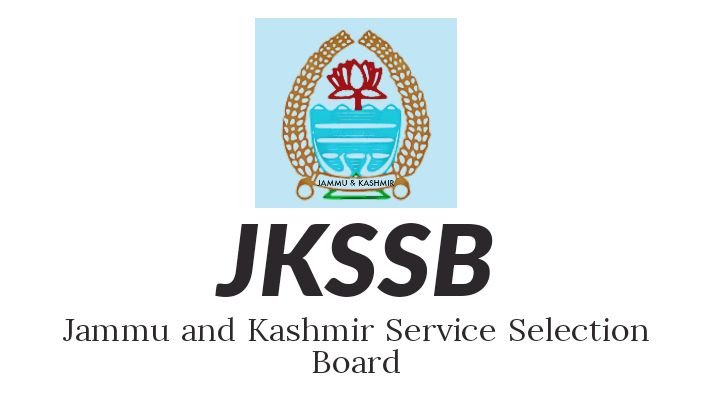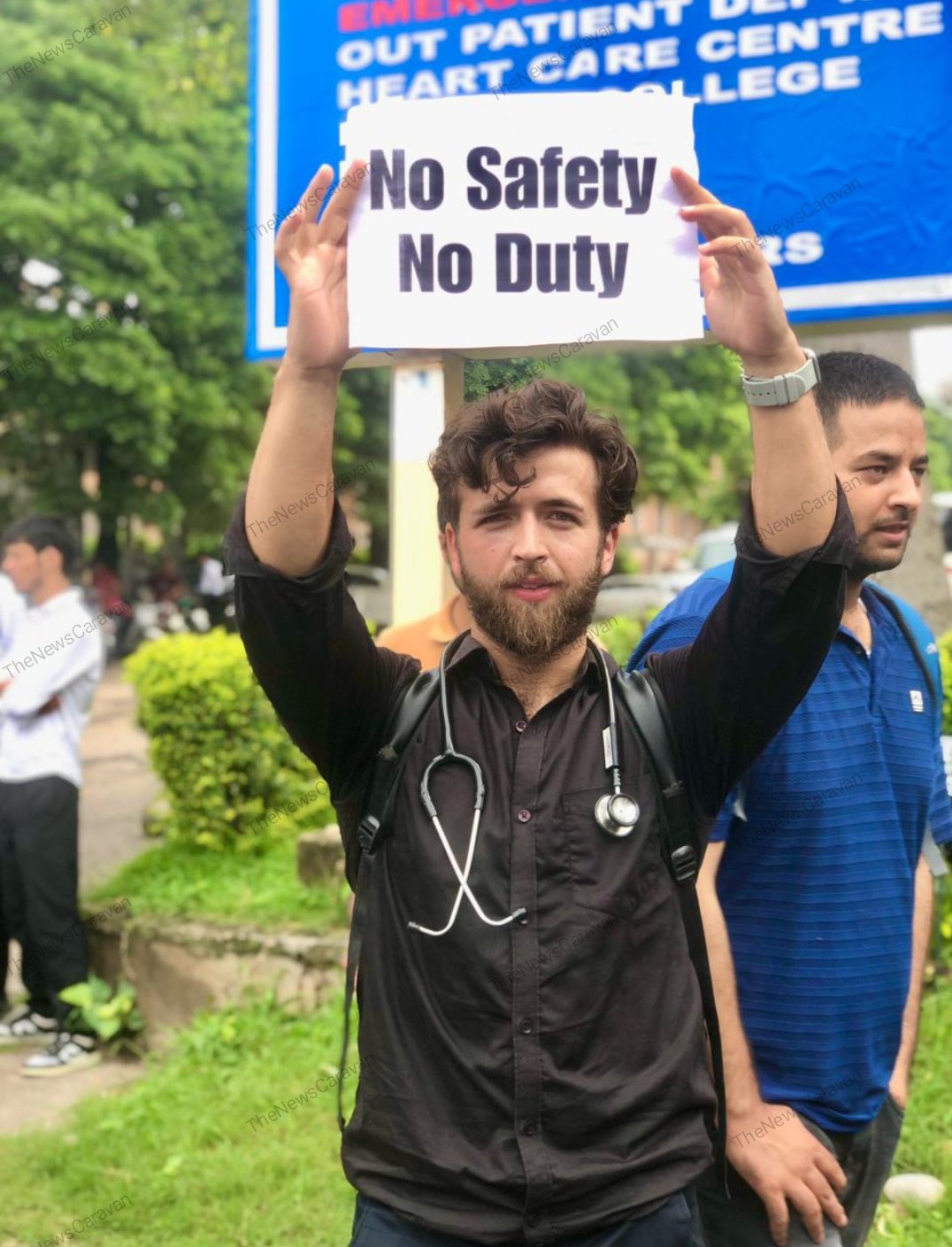Indian External Affairs Minister, S. Jaishankar, has raised concerns about Canada’s alleged inaction against terrorists and extremists residing within its borders. Speaking at a Council on Foreign Relations event in New York, Jaishankar suggested that political convenience may be hindering Canada’s response to the issue.
Jaishankar highlighted, “Canada actually has seen a lot of organized crime relating to the secessionist forces, organized crime, violent extremism.” He expressed his concerns about the permissive environment and the threat it posed to Indian diplomats.
The remarks come amidst a growing diplomatic rift between India and Canada following the killing of Hardeep Singh Nijjar. While Jaishankar did not directly accuse Canada of harboring terrorists or providing a safe haven for extremists, he emphasized the need for concrete action.
“We have a situation where, actually, our diplomats are threatened,” Jaishankar stated, alluding to the safety concerns faced by Indian diplomatic personnel.
Despite repeated inquiries about the alleged involvement of Indian officials in Nijjar’s death, Jaishankar declined to comment directly on the matter. He did, however, reiterate India’s stance on the issue, saying, “This is not the government of India’s policy. If you have something specific, if you have something relevant, let us know. We are open to looking at it.”
In his address to the United Nations General Assembly, Jaishankar urged for UN reform and a more inclusive approach. He cautioned against allowing “political convenience” to dictate responses to terrorism or violence.
Jaishankar emphasized that respect for territorial integrity and non-interference in internal affairs should not be selectively applied, suggesting that nations should refrain from cherry-picking issues.
While the minister did not explicitly mention Canada in his UN speech, it is worth noting that the Indian government has previously accused Canada of turning a blind eye to extremism among its influential Sikh diaspora.
Summary:
- Indian External Affairs Minister S. Jaishankar accuses Canada of not taking action against terrorists and extremists living in the country.
- Jaishankar suggests that political convenience may be influencing Canada’s response to the issue.
- He raises concerns about the safety of Indian diplomats in Canada.
- Jaishankar refrains from commenting directly on the alleged involvement of Indian officials in the killing of Hardeep Singh Nijjar.
- At the UN General Assembly, Jaishankar calls for UN reform and warns against allowing political convenience to determine responses to terrorism.
- The Indian government has previously accused Canada of ignoring evidence of extremism within its Sikh diaspora.










